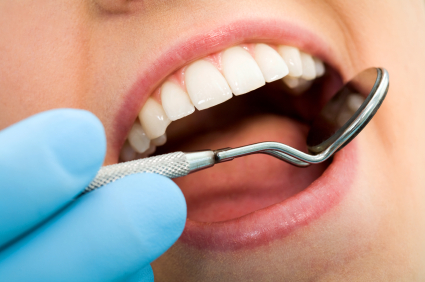If you are thinking about going to an oral surgeon in Short Hills, NJ, it’s recommended that you take the time to do a little research about clinics in your area and the procedure before setting the appointment.
An oral surgeon specializes in performing surgeries related to problems surrounding the teeth, mouth, and gums. These can include cosmetic, reconstructive, or replacement surgery. If you need dental surgery due to disfigurement of the face, treatment of oral cancer, wisdom teeth removal, or reconstructive procedure, it is recommended that you seek the expertise of an oral surgeon.
To find a reputable oral surgeon in your area, consult your family physician or current dentist. They may be able to make a good referral, as well as give you some advice as to how you should proceed with your personal situation. You can also search through local directories; many clinics, such as Westfield Oral Surgery, will be listed by alphabetical order, and you can read more information about them, such as pricing, procedures they offer, etc.
It is advised that you seek the hands of an oral surgeon over a regular dentist, as a surgeon is much more practiced to perform complicated procedures. The surgeon will have all the qualifications, equipment, and expertise needed to handle more advanced oral issues.
Before you select an oral surgeon, make sure you check out his skills and licenses. Find out where he studied; a trained oral surgeon needs a minimum of four years of dental school in addition to training in surgery, medicine, and otolaryngology. By looking up a surgeon’s credentials, you can determine if he is the best fit for you.
If you suffer from major pain in the teeth and mouth area, it is advised you see an oral surgeon immediately. Removal of misaligned teeth, reconstruction of jaw or gums, and elimination of cancerous lesions are all procedures that can be carried out by a qualified oral surgeon, and will allow you to improve your oral and overall health. It can also help to prevent additional problems that may develop if your problem is left untreated.
When you go in for your procedure, expect to be put under anesthesia during the duration of the surgery. After, you will most likely be referred back to your family dentist for follow-ups and additional routine check-ups. for more information.


